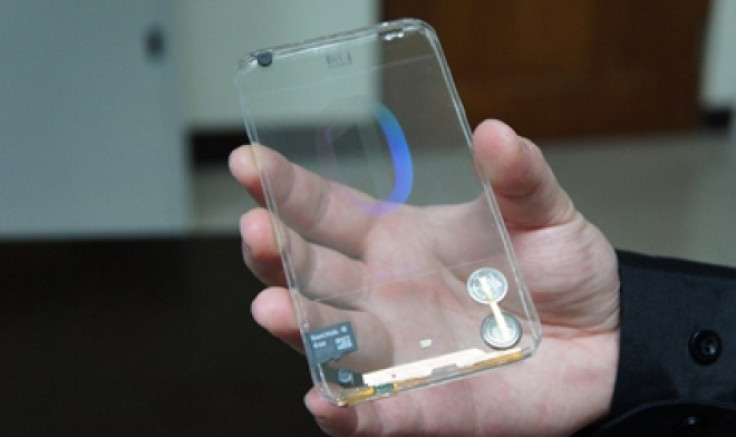Bendable smartphones, tablets can be made using nylon: Study
Researchers at a Germany-based polymer research institute have produced thin nylon films which can be used in smartphone components.
Researchers at Germany-based Max Planck Institute for Polymer Research have found a way to manufacture bendable and transparent smartphone components using nylon fabric polymers. The research team led by Dr. Kamal Asadi have produced a thin nylon film that can be used to build transparent electronic devices.
"Using this method, we have produced extremely smooth thin films. This is very important, because it prevents the electrical breakdown of, for example, capacitors, and thereby destroying the electronic circuits. At the same time, the smoothness allows for developing transparent thin films and eventually, transparent electronic devices," says Dr. Kamal Asadi, group leader of the research team.
Phys.org reports that this nylon film can go a long way in helping design transparent and bendable electronic devices, especially wearables and e-textiles – electronic fabrics that can be worn. Nylon can be used in devices because of its ferroelectric properties – polarization of electric current can be reversed by applying electricity extrinsically. This means that both positive and negative electric charges can be separated in a maintainable state.
It can also be easily used in manufacturing smartphone components because of its thickness – it is several hundred times thinner than a human hair.
Nylon is traditionally used in manufacturing women's stockings and contains a long chain of hydrogen, nitrogen, oxygen and carbon molecules. The researchers have developed ferroelectric nylon capacitors by dissolving nylon in a trifluoroacetic acid and acetone mixture and then solidifying it in a vacuum. As a result of this process, they were able to manufacture nylon films which were 100 nanometers thick.
These films were subjected to high-performance stress cycles and remained robust throughout, for millions of operation cycles.
The researchers claim that nylon films can also be used to create fabrics that can be worn and even get electricity from body movements.
This is not the first time that work has been done towards creating transparent, bendable electronics. Companies such as Samsung and Xiaomi have been long rumored to be working on transparent phones, while private players such as Polytron have demonstrated the capability as far as 2013.

© Copyright IBTimes 2024. All rights reserved.





